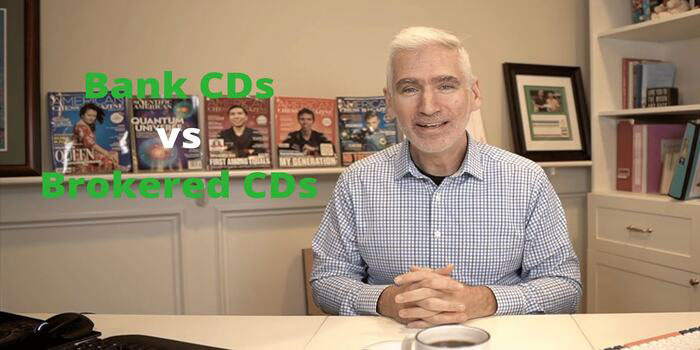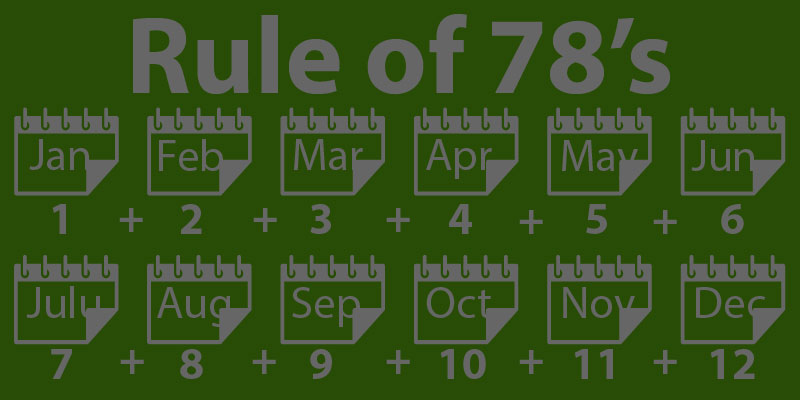To "churn" your credit means constantly applying for new credit cards. It's common practice to sign up for multiple accounts at once to take full advantage of the sign-up incentives and perks offered by each and then cancel all but one account once the benefits have been accrued.
You can quickly amass a sizable sum of cash back, miles, or other rewards by opening many credit cards and making the most of their sign-up bonuses. Although it's a gamble, those who understand the rewards structure can reap substantial benefits from adopting this approach. However, credit card issuers have begun enforcing measures to prevent "credit card churners" from abusing the incentive system.
What impact does switching between different credit cards have on your score?
Credit card churners run the danger of having their credit negatively affected. If churners are attentive, their efforts to maximize rewards could positively impact their credit.
Four potential dangers associated with credit card churning can lower credit ratings.
Making several applications for credit cards
Your credit score may be affected by opening new credit card accounts. Indicators of financial strain to credit bureaus include opening many new accounts. It is recommended to wait at least six months between applications.
But those who churn credit cards generally apply for several cards in a single day, then wait a few months before using them.
Make use of Credit
Your credit usage ratio accounts for a significant portion of your credit score. That statistic considers both your available credit and your current balance.
That ratio ought to be as low as possible. Unfortunately, there are two sides to this coin: If you're constantly switching between credit cards, you may have a higher credit limit and, consequently, a higher credit use percentage.
However, your credit scores will take a hit if you open too many credit card accounts to earn one-time sign-up incentives. Making timely payments and using your cards responsibly are essential to get the most out of card churning.
Receipts and Payments
One of the most significant aspects of a credit score is a person's payment history. Credit scores can take a hit if you don't pay your bills on time, owing to the hassle of managing many credit cards.
Even if you've set up automated payments and SMS alerts, you should still check your balances and make sure your payments are on schedule often.
Number of credit applications
You could experience a drop in your credit score if you churn by opening new credit cards only to close them later. Credit bureaus look at the average age of your accounts in determining your credit score. This could hurt your score if you have a history of opening and shutting accounts often.
Should you bother with credit card churning?
We've considered the hazards; is it still worth trying churning? How well you handle additional responsibilities will determine your success:
If you meet all four of these criteria, then churning out credit cards is a good strategy for you: 1.) you are a responsible cardholder; 2.) you have an excellent credit history; 3.) you frequently use credit cards for large expenditures
It's not a good idea to "churn" credit cards if any of the following apply to you: (1) you're a new credit card user; (2) you have a low credit score; or (3) you're not interested in opening several accounts. More dangers of credit card churning. Credit card churning continues to carry additional dangers. One drawback is the effort spent keeping track of deadlines and other criteria for gaining extra points.
Credit Checks That You Request
The impact on your credit score should also be carefully considered. A recent study by FICO found that initiating credit queries (such as those made when applying for a credit card) can have a 10% impact your credit score. Opening a single credit card account is likely to help your score, but opening many accounts quickly could raise a red signal.
A credit card company may reject your application or approve you for a low credit limit if they discover negative information in your credit report.
Moreover, there is the possibility of
More debt has been accumulated. You may need to pay off your balances in full, which will lead to costly interest fees.
Last but not least, credit card issuers dislike churning. They've taken action to stop it by enforcing rules that make it more difficult to register for multiple accounts. They will only give you that card if they think you're just trying to churn accounts.





